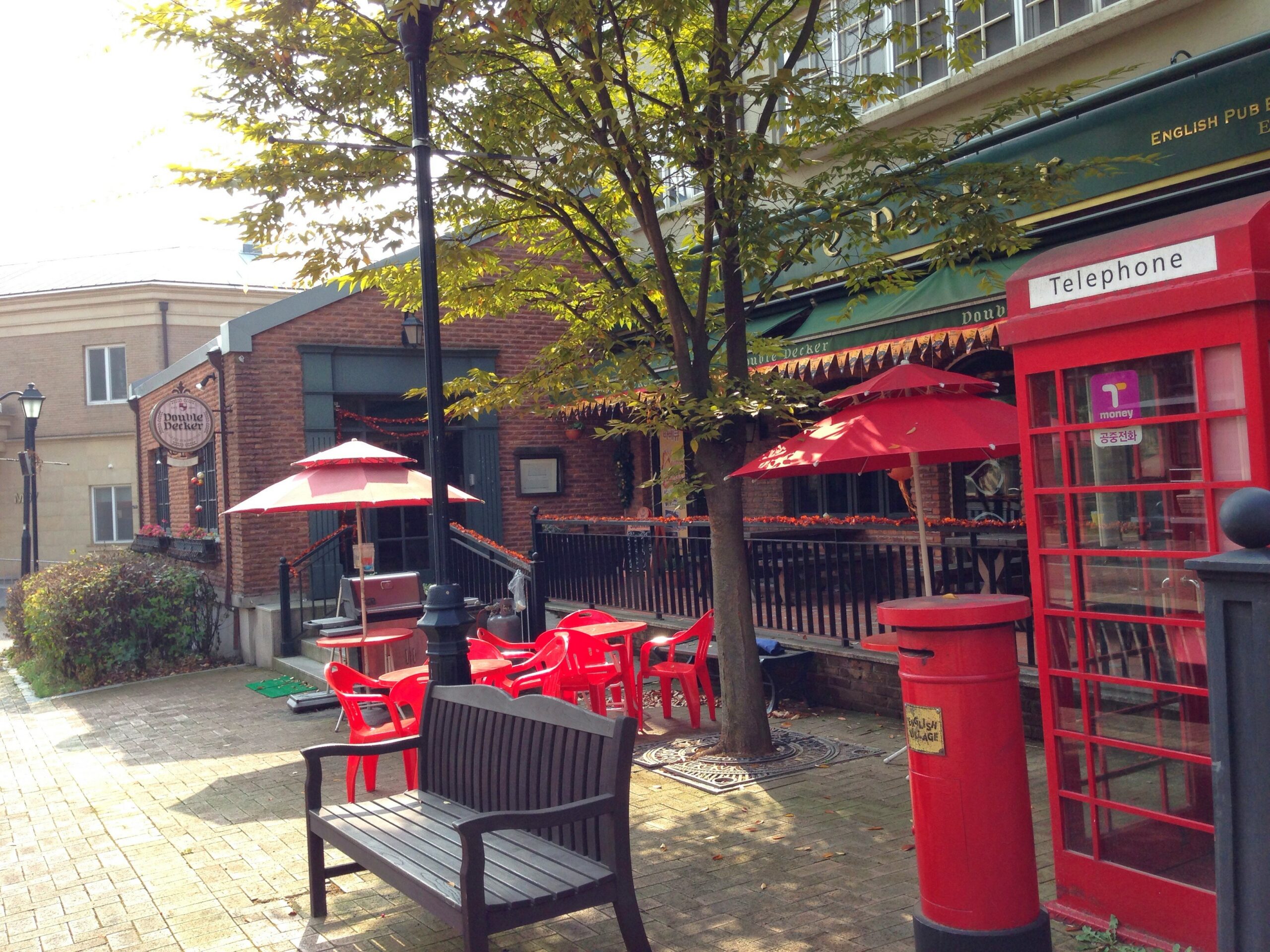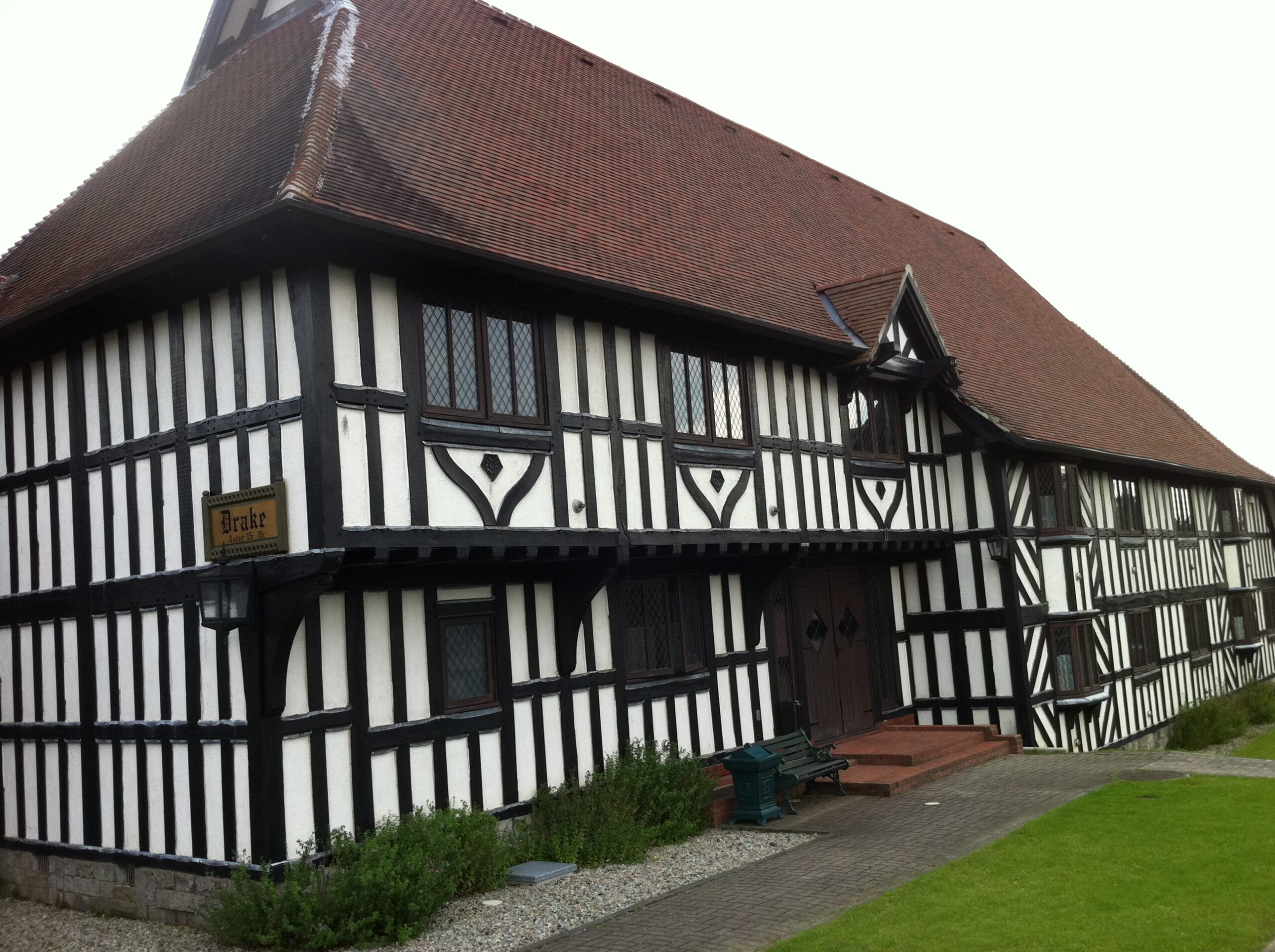日本文が後ろに続きます。
Last weekend was happy days for me because I deeply experienced a British taste last Saturday and Sunday. From the beginning, I preferred the USA to the UK or other English-speaking countries. Still, my affection has been shifting to England for years since I happened to read Kaoru Mori’s Emma, a romance manga about a maid in England in the Victorian Era who falls in love with a member of the gentry.
先週は、イギリスにどっぷり浸かってきました。
もともとはアメリカ一辺倒だったんですが、森薫の「エマ」と出会って以来ここ数年はむしろイギリスのほうに興味がシフトしていってまして、まずは初日は毎年恒例の國學院栃木高校の文化祭「國學院祭」のミュージカル部公演「Oliver!」を見に行きました。

On the first day, the first thing I did is to see Oliver! by the Musical Club of Kokugakuin Tochigi High School playing for the school’s cultural festival held this weekend. Oliver! is, as you may already know, an English musical based on Charles Dickens’ novel Oliver Twist. It’s the story that Oliver Twist, who has missing parents and is in a workhouse, is forced to get out of the workhouse and gets involved in a group of pickpockets. He tries to pick a pocket of a well-off lady, who finally takes him in and brings him up, and then he gets happy.
「Oliver!」は、以前にも書いたとおり、イギリスのチャールズ・ディケンズの小説「オリバー・ツイスト」をもとにしたミュージカルで、孤児となって救貧院に入れられていたオリバー・ツイストがスリの一味に引き入れられながらも、財布をすろうとした相手の金持ちに拾われて幸せになるというお話です。
今年も講師の三枝幹音センセイはお元気でいらっしゃいました。
ということでまずイギリス気分に浸ったあとは、クルマを走らせて福島県のブリティッシュ・ヒルズに向かいました。
ブリティッシュ・ヒルズの旅行記はフォートラベルに書いてあります。以降は英語だけです。
https://4travel.jp/travelogue/11722398



I parked my car in the car park and took my iPhone to tweet in Gowalla, but the iPhone couldn’t connect to the 3G network because Softbank wasn’t in service in this area, whilst my Blackberry, where NTT DoCoMo’s SIM card was installed, was okay.

I got out of my car with all of my luggage and walked to the reception desk, following the signs put on the roadside.


The reception desk was in the Manor House. A Caucasian receptionist accepted my check-in. She gave me a room key and a brochure where my name and dates of stay were printed and gave a detailed explanation of the building where I was supposed to stay, as well as each of the premises in British Hills. Unlike the people you may see in the countries other than Japan, she behaved in a manner as polite and gentle as Japanese clerks would do. She also advised me that a handbell was available at the reception desk and anybody who was walking in the nature trail of British Hills should carry it in hand so that its sound might scare bears which might appear in front of the walker.

This is the guestroom I stayed in. It was a gorgeously furnished suite room.



It wasn’t air-conditioned so as to meet the taste of a Medieval British house, but I could cool off by an electric fan put in the room.

This is the bathtub made of the fabric imported from the UK. The amenities (shampoo, conditioners, soap, and body moisturiser) are imported from the UK as well.
After putting my holdall in the guestroom, I went out to walk around the grounds around the buildings. Unlike US military bases, you could go and walk wherever you wanted, although some “No Entry” zones for staff only were only exceptions.






Every building was built in an ancient British manner, from Yeoman to Stuart, Georgian, and Tudor styles.

Each guest house was named after a historical person popular in the UK.

This building is named “Wren,” who was an astronomer in Oxford making a great contribution to the reconstruction of London burnt down by fire in the 17th century.

This is the Turner, where I stayed. Turner was a landscape painter in the 18th century.

This is the Drake, derived from Francis Drake, the first British sea captain who sailed around the world in the Elizabethan era.

This is the Henry II, the first King of England.

I dropped in on the Ascot tea house to have a tea set. An Englishmen and some Japanese girls served me there.

This is what was served at Ascot: tea with a scone, a quiche, fresh cream (not clotted cream), and strawberry jam. They had got an afternoon tea set or a high tea set with more scones and sandwiches, but I didn’t order them because the dinner time was coming soon and I didn’t want to be stuffed there.

This is the Ye Shoppe, a souvenir shop selling tea leaves, mugs, shortbread, sweets, letter sets, bookmarks, keyrings, pens, toiletries, and other items imported from the UK. I found a gorgeous feather pen used in ancient times, so I bought it with a bar of English soap, bottles of bath foam, and a key ring celebrating the marriage of Duke and Duchess of Cambridge.


Then I dropped in on the reception to borrow a handbell and walked the nature trail. It was a 2-mile long unpaved footpath around the building area, with many ups and downs. It was a good exercise for me.


I had got a viewpoint and special places to see on my way of the trail. Fortunately, I saw no bears or any other scary wildlife, but I had got a heavy thunderstorm while walking, so I gave up walking all of the trails and went back to the guest house halfway through the walk.

Dinner time began at 6:30 pm at the Refectory dining room. It was the main dining room modelling a refectory of British traditional public schools. It had dress codes and no admission for casually dressed personnel. I changed clothes into a suit with a tie before going there.

It was a full course dinner starting from pumpkin & yoghurt veloute, followed by salmon terrine, consommé soup, sorbet, and the main dish in the above picture. This is some slices of the roast beef marinated with gravy and horseradish sauce. When serving it to me, the chef of the Refractory himself came to me and carved from a chunk of beef. Of course, it tasted excellent! It was a bit too luxurious for me, as I always eat simple foods daily.
After dinner, I went to the pub next to the Refectory and got a glass of 1-pint beer. A Canadian girl sat next to me, so I talked a bit with her. She said she was a staff member of the Refectory and she was coming to drink there because that day was her day off. After a while, a group of the staff finishing the work at the Refectory and changing their clothes more casually came to her and invited her to the inner seats to talk together. She went and joined them. Then I made a little conversation with a Japanese bartender, drank some dry martini, and played darts with him a bit. He told me that many more foreign staff members usually worked there and made merry in the pub every night, but in those days there were less because many of them were returning to their home countries to renew the working visas expiring in that season.

The next morning it was very foggy, and it was hard to see even ten yards ahead.

It’s breakfast at the Refectory. It was a buffet style. I thought it would’ve been perfect if there had been baked beans.
While eating breakfast, a supervisor came to me and asked me to have a guided tour in the Manor House if I had time. When checking out the hotel, I told her I was ready for the tour. Then she took two young girls to me and told them to guide me as attendants. They were just college students studying the hotel industry and were coming there for one of the education programmes of the college.
They took me inside the Manor House and explained the history of the Manor House, how and why those kinds of houses had been built in the Medieval times, with what fabrics the rooms were furnished, in what manner the walls and the ceilings were decorated, and more. They explained a bit falteringly, but with all their might.

One of the most instructive pieces of knowledge from their explanations was why the level where there was the main entrance was called “the ground floor” and the upper level called “the first floor” in the UK or the British Commonwealth. According to their explanations, the downstairs wasn’t considered as a residential area because it was used just for a butler who greeted incoming guests, judging whether the guests were going down well with the master or not. Only the guests judged as welcome persons could be shown upstairs by the butler and arranged to meet the master at the upper hall like the picture above. That’s why the place was on “the first floor,” whilst the downstairs hall was on “the ground floor.”
In this picture above, you can see in the middle the gorgeous stained glass weighing 1 tonne specially crafted at Scotland, Queen’s and King’s rooms on the right side, and the left, a library of more than 1,000 volumes of old books stored in the bookshelves. Of course, Oliver Twist was one of the collections.


On both sides of the aisle were the portrait pictures of the people who had made a great contribution to the UK and Japan, including former Emperor Hirohito and his Empress, as well as Emperor Meiji, the first east Asian person on whom the Order of the Garter was conferred.



It’s the Queen’s room named “Her Majesty,” modelling the private room of the mistress.




The King’s room called “His Majesty,” the master’s private room. The furniture had a fierce-animal-shaped decoration in many parts to show off his power and strength. Prince Hitachinomiya actually stayed in this room when he visited British Hills. The attendants said even an ordinary person could stay here for 250,000 yen per night.


The last place they guided me was the snooker room, where snooker was available as well as drinking brandy at the bar counter. Snooker looked like billiard, but they said snooker used a wider table and smaller balls than billiard, and it was much more difficult to play.
I enjoyed the stay until noon on that Sunday. The staff members were very polite, well trained, and had much elegance and hospitality. I thought it would’ve been better if the uniforms of the staff had been like those of British maids and footmen :-p as everything in British Hills was modelling the ancient British cultures. Apart from that, that “theme park” is my No.1 recommendation that is good for taking a rest if you get tired of your routine days. I think that the company I’m working for, trying to get involved in global business, should arrange a few days of English lessons in British Hills as an education programme for encouraging the employees to be more skilful in English.



























































